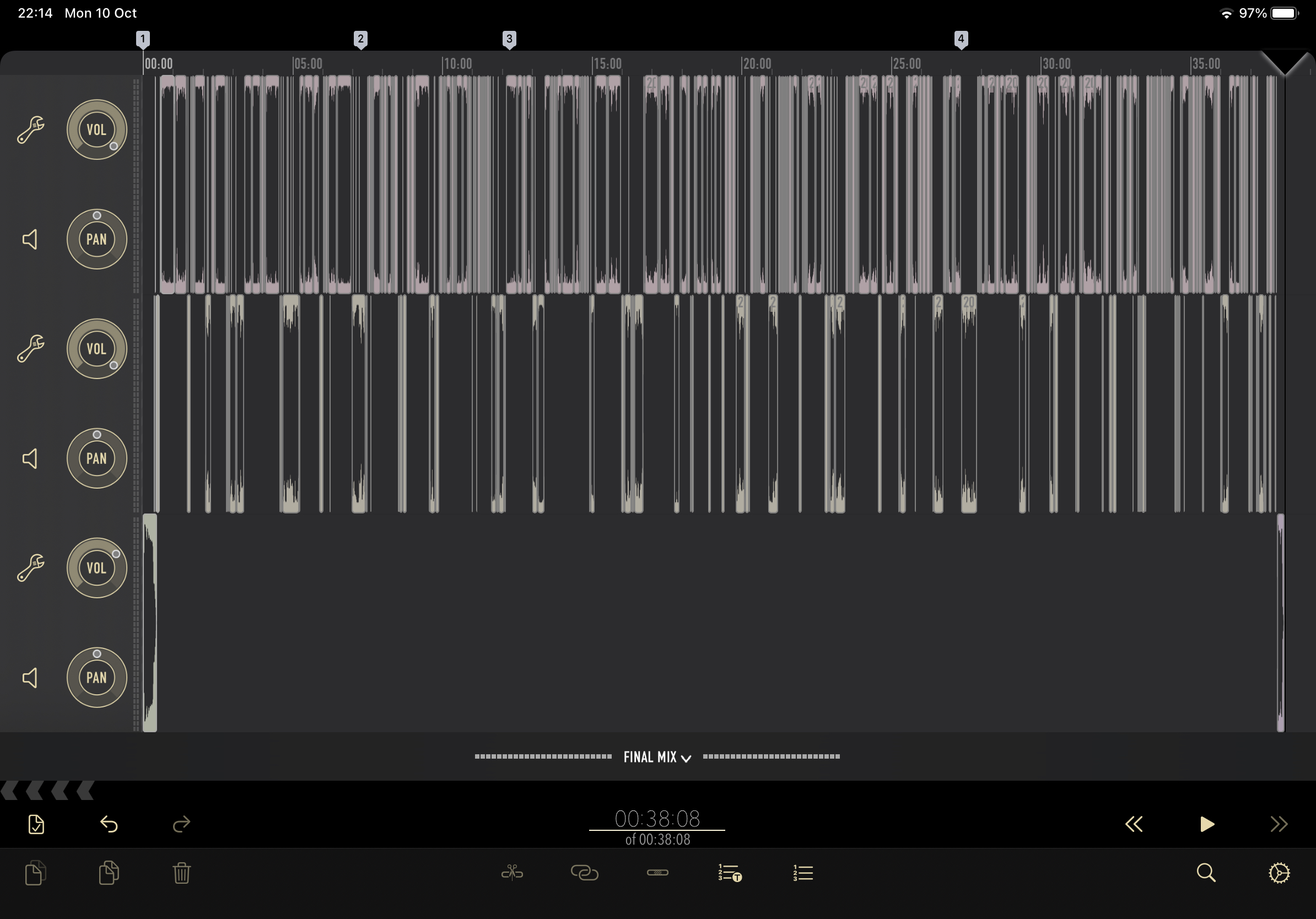
 Really Specific Stories
Really Specific Stories Kelvin Lee
Oct 10, 2022
Kelvin Lee, a technological enthusiast and podcast producer, shares his early fascination with technology and podcasting. Topics discussed include the popularity of Android, the role of personalities in attracting listeners, and advantages of the audio medium for content creators. Interactions with listeners and the potential of AR/VR technology are also explored.
Chapters
Transcript
Episode notes
1 2 3 4 5 6
Introduction
00:00 • 2min
Tech Fandom and Podcasting Adventures
02:05 • 16min
Interacting with Listeners and Analyzing Listener Demographics
17:45 • 2min
Reflecting on the Break and Considering New Approaches
19:48 • 9min
Exploring the Potential of the Metaverse and AR/VR Technology
29:16 • 2min
Technology Education and Different Perspectives
31:09 • 7min

